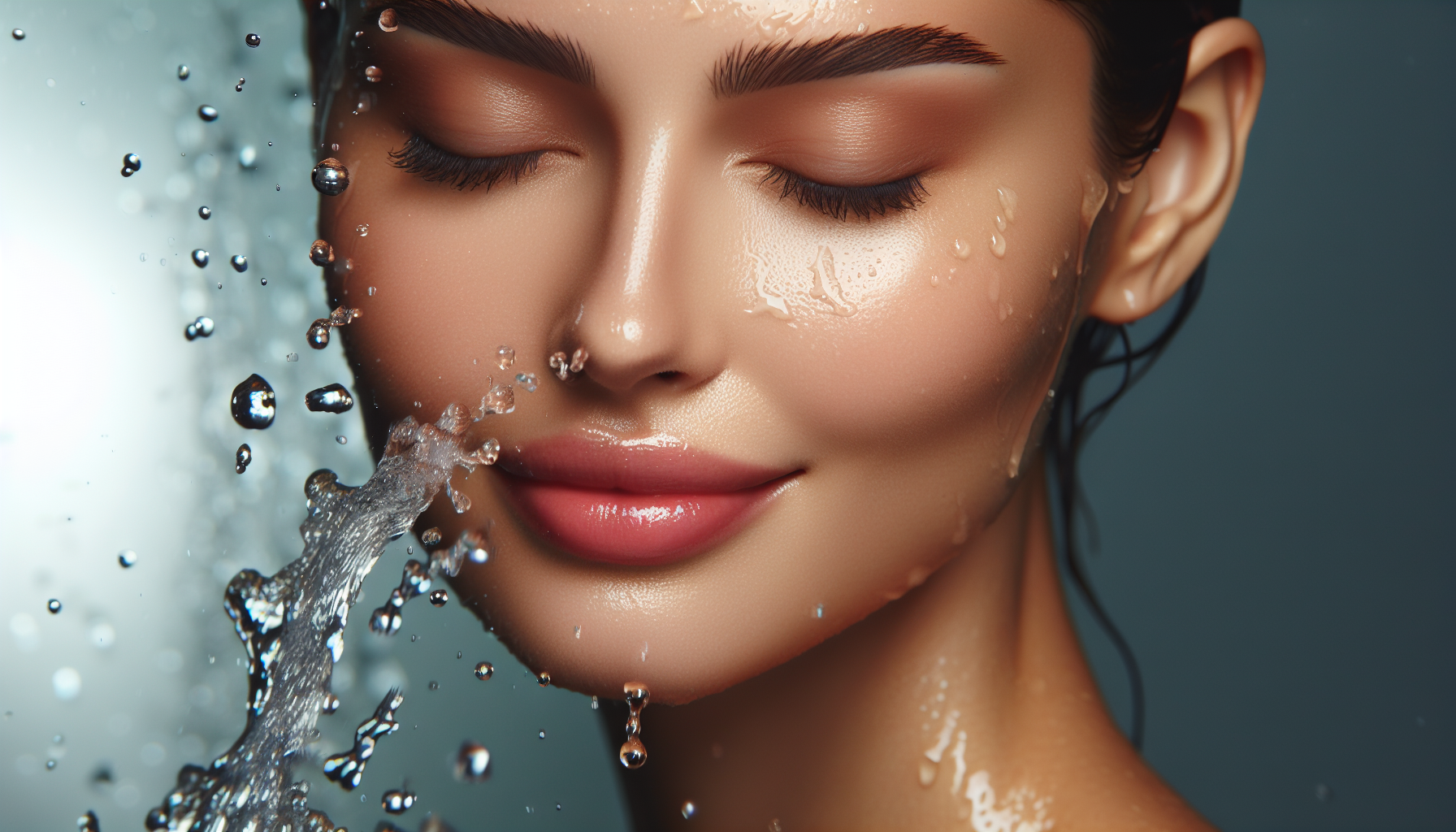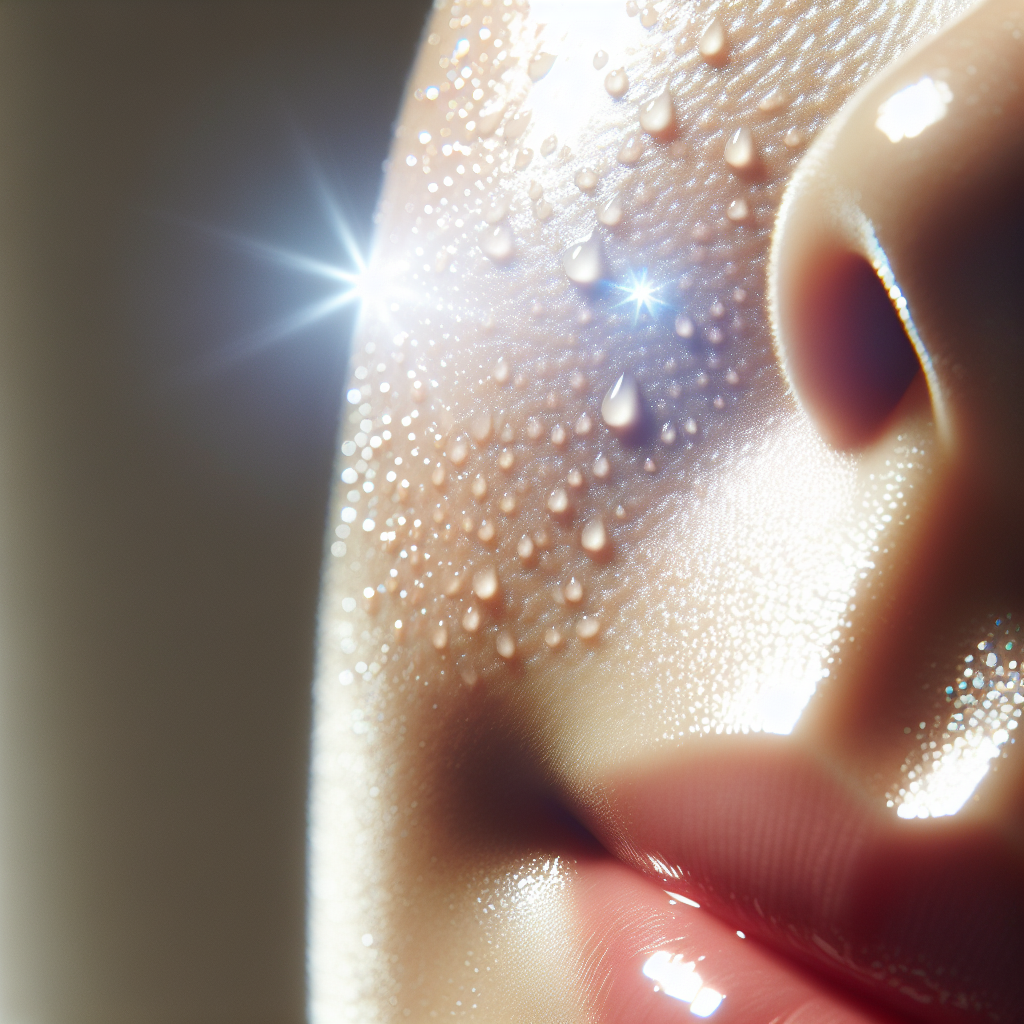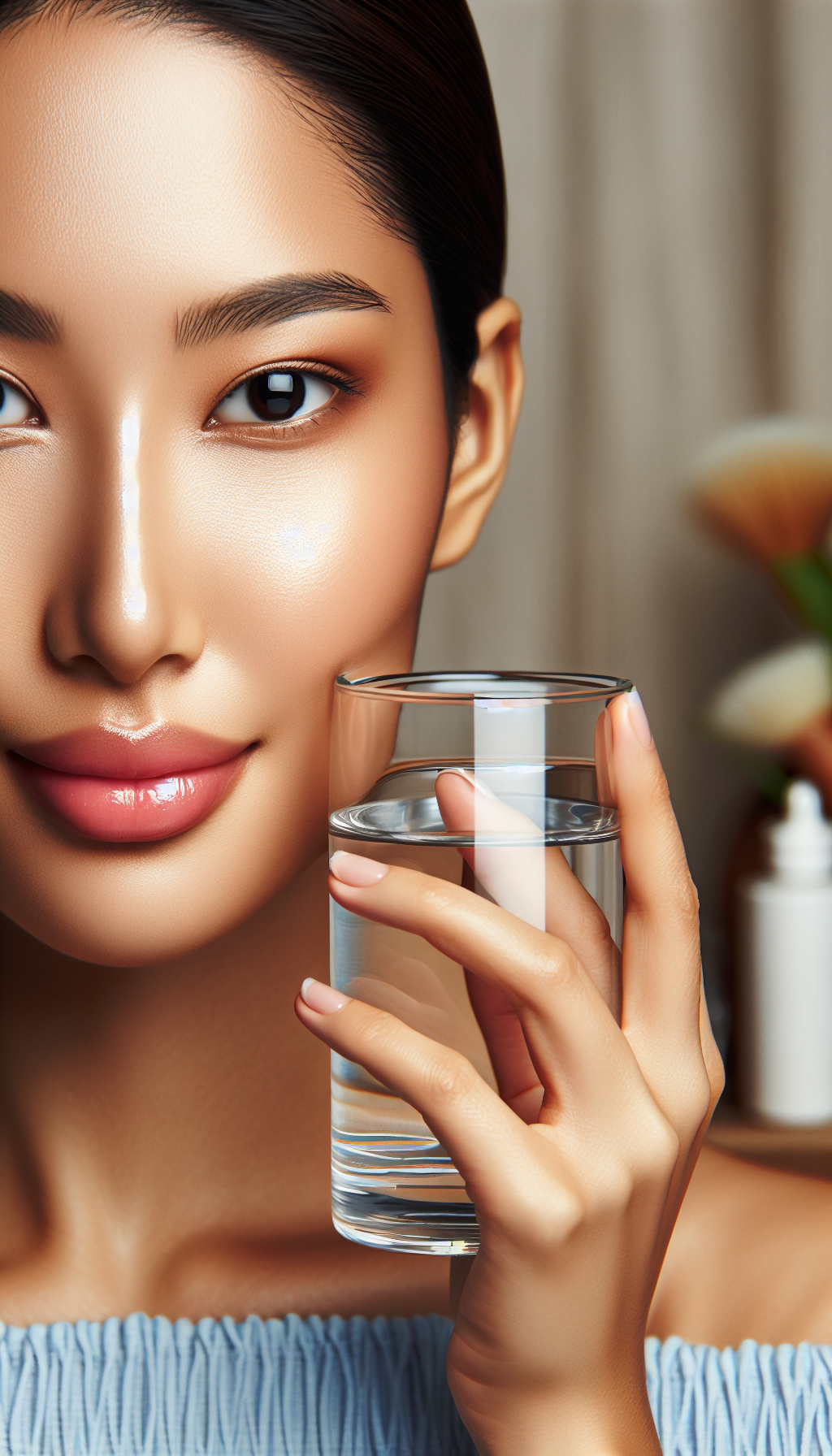Proper hydration is a cornerstone of skin health, impacting its appearance, elasticity, and overall function. The skin is the body’s largest organ, and like any other part of the body, it requires adequate water to function correctly. This article delves into the importance of hydration for skin health, explores the mechanisms by which hydration affects the skin, and offers practical advice for maintaining optimal skin hydration.
The Science of Skin Hydration
The skin is composed of three primary layers: the epidermis (outer layer), the dermis (middle layer), and the hypodermis (innermost layer). Each of these layers plays a crucial role in skin health, and hydration affects them all. Hydration helps to maintain the skin’s pliability, which is essential for its protective function. When the skin is dehydrated, it can become dry, flaky, and more prone to wrinkling.
[For more information on general skin health, explore the dedicated Skin Health section on Avix Health.]
Water is also essential for delivering nutrients to the skin cells, flushing out toxins, and providing a medium for various biochemical reactions. Moreover, proper hydration can aid in maintaining the skin’s barrier function and protect against environmental stressors.
The Role of the Stratum Corneum
The outermost layer of the epidermis, the stratum corneum, contains skin cells that are surrounded by lipids. These lipids are critical for retaining moisture and create a barrier to prevent transepidermal water loss. When the skin is adequately hydrated, this barrier is more effective, helping to keep the skin moisturized and resilient.
Hydration and Skin Elasticity
Elasticity is the skin’s ability to stretch and bounce back, a quality that diminishes with age. Hydrated skin has been shown to have better elasticity, which is why maintaining proper hydration is fundamental as part of Enhancing Skin Elasticity in Midlife.
Practical Tips for Skin Hydration
Knowing the importance of hydration, here are several strategies to ensure your skin stays hydrated and healthy:
Drink Adequate Water
The most straightforward approach to hydration is drinking enough water throughout the day. The amount may vary depending on factors such as climate, physical activity, and individual health conditions. As a general rule, aim to drink at least eight 8-ounce glasses of water per day, and more if you are active or live in a hot climate.
Use Hydrating Skincare Products
Incorporate products into your skincare routine that are specifically designed to boost hydration. Look for ingredients like hyaluronic acid, glycerin, and ceramides, which help to attract and retain moisture in the skin.
Addressing Skin Concerns
Certain skin concerns, such as hyperpigmentation or irritation, can be exacerbated by dehydration. Hydration plays a role in Minimizing Skin Irritation from Beauty Products and can also assist in preventing and fading hyperpigmentation, as discussed in Methods to Prevent and Fade Hyperpigmentation.
Protect Your Skin
Protect your skin from the sun and harsh environmental conditions that can lead to dehydration. Use a broad-spectrum sunscreen daily and wear protective clothing when outdoors for extended periods.
Avoid Hot Showers and Baths
Extremely hot water can strip the skin of its natural oils, leading to dehydration. Opt for lukewarm water instead and limit your time in the shower or bath.
Diet and Hydration
Your diet can also impact your skin’s hydration levels. Consuming foods high in water content, such as fruits and vegetables, can contribute to your overall hydration. Moreover, essential fatty acids found in fish, nuts, and seeds can help reinforce the skin’s lipid barrier.
Humidify Your Environment
Using a humidifier, especially in dry climates or during winter months, can add moisture to the air and help prevent your skin from becoming dehydrated.
Advanced Hydration Techniques
For those seeking to elevate their skin’s hydration, there are advanced techniques and treatments that can provide deeper levels of moisture:
Professional Hydration Therapies
Consult a dermatologist or skincare professional about treatments such as hydrating facials, which can infuse the skin with moisture-rich serums and compounds.
Targeted Supplements
Certain supplements can support skin hydration from within. Fish oil, for example, contains omega-3 fatty acids that may help maintain the skin’s oil barrier. Always consult with a healthcare professional before starting any new supplement regimen. You can explore more on this topic under Medication & Supplements.
Technology-Enhanced Skincare
Some skincare devices use technologies like ultrasonic waves or iontophoresis to enhance the penetration of hydrating ingredients into the skin.
External Resources for Further Reading
To deepen your understanding of skin hydration and its importance, consider exploring these niche resources:
- The International Dermal Institute provides in-depth articles on skin health, including the science behind hydration and its effects on the skin.
- The American Academy of Dermatology offers a wealth of resources on skincare, including tips for maintaining hydration.
- The Society for Investigative Dermatology publishes research on skin health, which often covers topics related to hydration and its impact on skin function.
In summary, maintaining proper skin hydration is essential for a healthy, youthful appearance and overall skin function. By drinking enough water, protecting your skin, using the right skincare products, and possibly incorporating advanced hydration techniques, you can optimize your skin health for the long term.
Remember, your skin’s needs may change over time, so it’s essential to adapt your hydration strategies accordingly. Stay informed, listen to your skin, and don’t hesitate to seek professional advice when needed to keep your skin looking and feeling its best.



